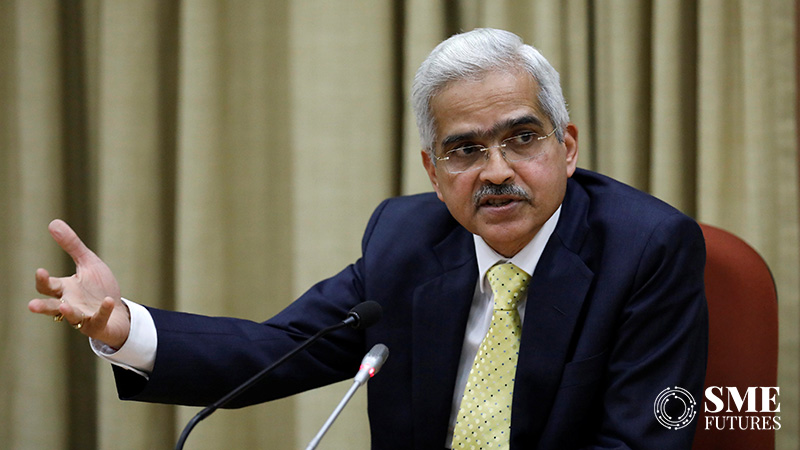The India of today is vastly different from what it was earlier and regulators of other countries should trust the credibility of Indian regulations, said Reserve Bank of India (RBI) Governor Shaktikanta Das.
He also hoped for an early resolution on the issue of derecognition of six Indian clearing houses by the European Securities and Markets Authority (ESMA).
Responding to media queries on the subject, the Governor said the RBI is hopeful for a resolution soon.
He said India is different from what it was earlier and its regulations are stringent, adding that other regulators should trust the credibility of the Indian regulations.
Also Read: Fertiliser subsidy bill may fall 25% in FY24, being at Rs 2.3-2.5 tn in FY23
According to RBI Deputy Governor T. Rabi Sankar, discussions are on with the other parties to solve the issue.
The six central counterparties (CCP) derecognised by the ESMA are: Clearing Corporation of India (CCIL), Indian Clearing Corporation Ltd (ICCL), NSE Clearing Ltd (NSCCL), Multi Commodity Exchange Clearing (MCXCCL), India International Clearing Corporation (IFSC) Ltd (IICC) and NSE IFSC Clearing Corporation Ltd (NICCL).
At a recent conference, Sankar had said that the tendency of developed economies to contain the risk of their entities by attempting to maintain control of regulation and risk management practices of third countries.
He said, for instance European banks may not be able to operate through Indian financial infrastructure entities unless their home regulator accords “equivalence” treatment to the Indian infrastructure entities or these entities are endorsed or recognised.
Also Read: New PDP bill will strengthen data protection without disrupting data flows
“Such treatment involves ability to call for information, supervise , inspect and (at least potentially) impose penalty on Indian entities. This amounts to an unfortunate interference in the regulatory architecture in India, especially given the fact that these Indian entities meet relevant global standards, set by Committee on Payments and Market Infrastructures,” Sankar said.











